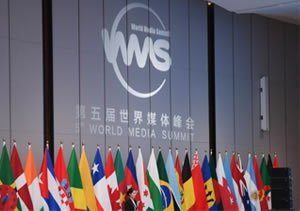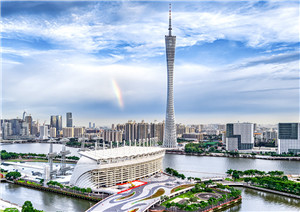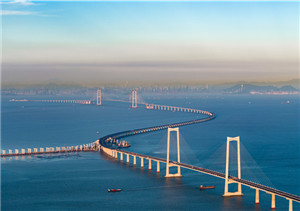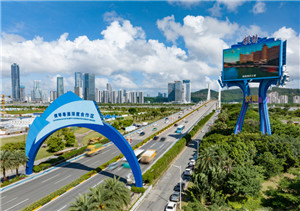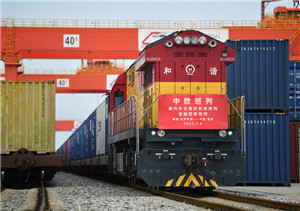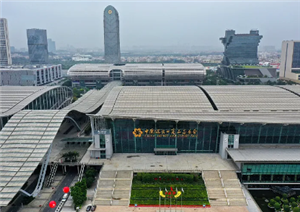The Greater Bay Area (GBA) is not just a geographical conglomeration of cities; it is a testament to China's vision for integrated development and global competitiveness. Since its inception in 2017, the GBA has rapidly transformed into one of China's most favorable investment destinations, showcasing a diverse and dynamic industrial landscape, a substantial and affluent local consumer base, and the ability to attract highly skilled professionals.
Comprising nine cities within the Pearl River Delta and two special administrative regions, Hong Kong and Macao, the GBA is strategically positioned to rival leading city clusters globally. Its rapid progress is a result of coordinated development efforts aimed at removing barriers hindering the free movement of capital, trade, information, and people. The GBA initiative has become a beacon of economic growth and innovation, setting an example for other regions worldwide.
Guangzhou, the capital of Guangdong province and the largest city in the GBA, plays a pivotal role in the region's economic landscape. With a focus on manufacturing and financial services, particularly in the automotive and petrochemical sectors, Guangzhou is a key player in the GBA's journey toward economic prominence. The city's well-established supply chains, access to cutting-edge technology, and a skilled labor force contribute to its emergence as a manufacturing hub.
Shenzhen, often referred to as China's Silicon Valley, is another jewel in the GBA's crown. Located adjacent to Hong Kong, Shenzhen is home to some of the world's leading technology companies. The city's commitment to innovation and its status as a technology startup hub make it a crucial player in the GBA's technological advancements. The Guangdong-Hong Kong-Macao Greater Bay Area Science and Technology Innovation Corridor further solidifies the region's position as a global innovation powerhouse.
Hong Kong, a special administrative region within the GBA, significantly contributes to the financial services sector. Its stock exchange ranks as the world's sixth-largest, making Hong Kong a vital player in the global financial landscape. Additionally, Shenzhen's influence in the financial services industry, especially in fintech, adds another layer to the GBA's economic prowess.
The GBA's commitment to diverse economic sectors extends to other cities such as Zhuhai and Zhongshan, which are rapidly growing in significance due to their strategic locations and booming economies. These cities attract substantial investment in technology, advanced manufacturing, and logistics, diversifying the GBA's economic base and creating new opportunities for growth.
One of the noteworthy aspects of the GBA is its connectivity and infrastructure. A vast network of transportation, including high-speed rail, bridges, and tunnels, binds the cities together. This seamless connectivity enhances the region's attractiveness to businesses and investors looking to tap into its vast potential.
As the Greater Bay Area undergoes dynamic evolution, its transformative influence extends far beyond the confines of China. The GBA's robust consumptive power and its keen appreciation for international products underscore the immense potential for mutually beneficial economic cooperation, reaching beyond the borders of China and resonating within the broader global community.
Furthermore, the GBA's substantial demand for vital raw materials, such as copper and aluminum, presents promising avenues for collaborative efforts with diverse nations. This heightened demand creates opportunities for strategic partnerships, including those under significant initiatives such as the China-Pakistan Economic Corridor (CPEC). Initiatives of this scale not only strengthen economic ties but also serve as exemplary models of international cooperation and connectivity.
The collaborative potential between the GBA and other nations, especially through projects such as CPEC, signifies a paradigm shift in global economic dynamics. These flagship initiatives not only address the GBA's demand for essential resources but also open doors for shared economic prosperity and sustainable growth on an international scale.
In essence, the GBA's positive impact reaches far and wide, transcending geographical boundaries. Its engagement with the global community, coupled with a growing demand for raw materials, creates a conducive environment for fostering economic connectivity and cooperation. Initiatives such as CPEC stand as testament to the GBA's commitment to forging meaningful partnerships, laying the groundwork for a future characterized by shared prosperity, mutual growth, and harmonious collaboration on the global stage.
In the realm of economic opportunities, the GBA emerges as a flourishing market for Pakistani products. Observations and interactions have highlighted the positive reception of Pakistani goods at exhibitions within the GBA, showcasing a growing interest and appreciation for the quality and diversity of products originating from Pakistan.
Additionally, there is a notable emphasis on the significant demand for raw materials sourced from Pakistan within the GBA. This underscores the mutual benefits that can be harnessed through the strengthening of economic ties between the GBA and Pakistan. Such collaborations have the potential to foster a robust exchange of goods, further enhancing bilateral trade and contributing to the economic prosperity of both regions. As the GBA continues to establish itself as a global economic powerhouse, the opportunities for Pakistani businesses to tap into this dynamic market are substantial, creating a win-win scenario for both parties involved.
The GBA plays a crucial role in advancing sustainable development, emphasizing economic diversification, innovation, and strategic alliances. Nurturing a dynamic ecosystem that incorporates technology, finance, and advanced manufacturing, the GBA strives to harmonize economic growth with environmental considerations. Initiatives such as the science and technology innovation corridor underscore the region's unwavering commitment to sustainable practices, positioning it as a progressive model for environmentally conscious economic development.
Serving as a beacon of economic integration and innovation, the GBA's multifaceted strengths in finance, technology, and advanced manufacturing make it a pivotal economic force not only for China but also for the broader Asia-Pacific. Ongoing positive collaborations, such as the China-Pakistan Economic Corridor, further underscore the GBA's role as a global economic powerhouse and a catalyst for international cooperation. As the GBA continues its prosperous trajectory, the potential for mutually beneficial partnerships with nations worldwide remains extensive, contributing to a future marked by shared prosperity and growth.
Qaiser Nawab is a distinguished International Expert on the United Nations' Sustainable Development Goals and currently serving as President of the Belt and Road Initiative for Sustainable Development (BRISD), a global think-tank on BRI.



